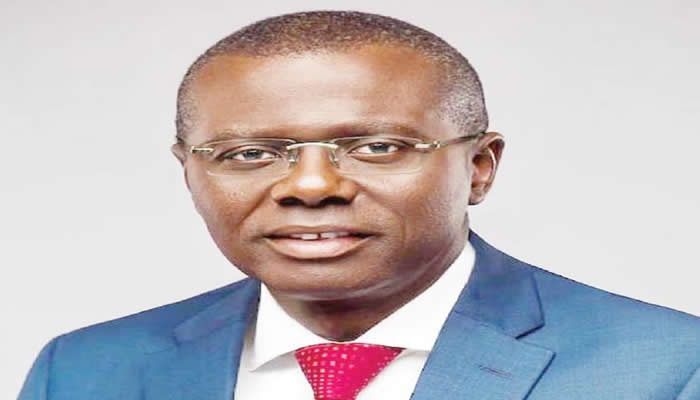POLITICS

SANWO-OLU FIRES BACK AT PETER OBI, QUESTIONS HIS MORAL AUTHORITY ON POVERTY CRITICISM
Lagos State Governor, Babajide Sanwo-Olu, has responded to former Anambra State Governor and Labour Party presidential candidate, Peter Obi, accusing him of lacking the moral authority to critique Nigeria's poverty situation. Sanwo-Olu’s remarks were made in reaction to Obi’s recent speech at Johns Hopkins University, where he compared Nigeria's poverty levels to those of China and Vietnam, asserting that Nigeria, despite having fewer poor people in 1990, now has the highest poverty rates among the three nations.
During his address, Obi argued that Nigeria’s poverty crisis could be solved with competent leadership focused on education, healthcare, and poverty alleviation. He also criticized the current government for its failure to effectively tackle poverty. However, Sanwo-Olu disagreed with Obi’s statements, issuing a response titled “Factually Addressing Mr. Peter Obi’s Criticism of Nigeria at Johns Hopkins University.” The Lagos Governor accused Obi of undermining Nigeria’s image abroad and claimed that Obi lacked the moral standing to comment on poverty due to his own track record as Anambra’s governor.
Sanwo-Olu pointed to the fact that poverty in Anambra actually increased during Obi’s time in office. When Obi became governor in June 2007, Anambra’s poverty rate stood at 41.4%. By the end of his tenure, it had risen to 53.7%. In contrast, his successor, Willie Obiano, successfully reduced the poverty rate in the state to 14.8% over the next five years. The Lagos Governor questioned Obi’s credibility to criticize the federal government’s efforts on poverty reduction, citing his own failure to address the issue while serving as governor. Sanwo-Olu also praised President Bola Ahmed Tinubu’s record, highlighting his achievements in Lagos, including the construction of over 200 schools, providing student loans to more than 200,000 individuals, and offering substantial credit to small businesses.
Sanwo-Olu took the opportunity to defend Tinubu, asserting that his predecessor’s achievements as Lagos State governor demonstrated his ability to combat poverty. He pointed out that under Tinubu’s leadership, poverty was reduced by over 46%. Sanwo-Olu argued that Tinubu’s experience in Lagos would translate into similar success at the federal level, emphasizing that effective leadership requires more than criticism—it requires delivering tangible results, especially in areas such as education, healthcare, and economic empowerment.
Sanwo-Olu’s response highlights the ongoing political rivalry between him and Obi, as well as the broader conversation about leadership and governance in Nigeria. Obi’s criticism of the government has brought attention to the country’s poverty crisis, but Sanwo-Olu questioned the validity of those criticisms given Obi’s own performance as governor. This exchange has added further fuel to the discussion surrounding Nigeria’s political future, particularly as the 2027 presidential election approaches. The debate on how best to tackle poverty, improve governance, and demonstrate effective leadership continues to shape the political discourse in Nigeria, with both Sanwo-Olu and Obi offering differing approaches to national development.
4o mini
"This represents a significant development in our ongoing coverage of current events."— Editorial Board









